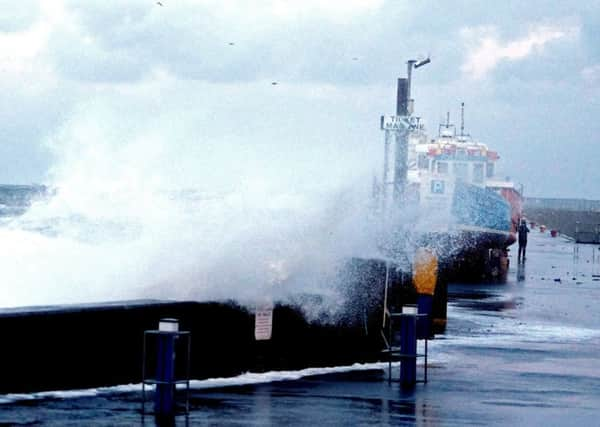Seahouses, Probus


We were in a downstairs room, but we should be back upstairs for the March meeting.
Secretary Fraser Suffield reported that 19 members attended the January meeting.
Advertisement
Hide AdAdvertisement
Hide AdTreasurer Forbes Grant said the accounts were still healthy, but four members had still to pay subscriptions. As quite a few members are unwell it is a good sign that most are up to date.
Tony introduced Scott Lindgren, a research fellow in Naval History at Hull University, to tell us about The Battle of Jutland.
Scott said there were several approaches to this story and a lot of myths. He would give the true aspects, as he had researched.
The battle took place on May 31 to June 1, 1916, and was the last big naval encounter in the Northern Hemisphere. It was fought between the British Grand Fleet, commanded by Admiral John Jellicoe, and the German High Fleet, commanded by Vice Admiral Reinhard Scheer.
Advertisement
Hide AdAdvertisement
Hide AdThe British had 28 Dreadnought class ships opposed to 16 German, and nine Battle Cruisers opposed to five. The British sustained more losses, with over 6,000 seamen killed, compared with just over 2,500 Germans.
The second in command of the British fleet was Vice Admiral David Beatty. There seems to have been little communication between Jellicoe and him, not helped by a slip-up in intelligence when the wrong codeword was transmitted. The message indicated that the German fleet was still in harbour. The second in command of the German fleet was Vice Admiral Franz Hipper, and an encounter with Beatty made Beatty realise that the German fleet was not in harbour. He proceeded to lead it towards the Grand Fleet.
The ensuing exchanges caused the high fatalities and the German fleet withdrew in the face of superior fire power. Jellicoe ordered that they should not be followed as he feared a trap of either mines or U-boats.
Neither fleet could claim victory, but it did leave the British in control of the North Atlantic and the Germans to rely on U-boats to try to stop merchant shipping reaching England.
Scott showed many maps and photographs.
Brian Crawford gave the vote of thanks.